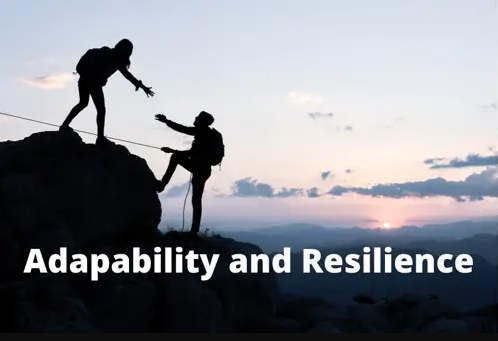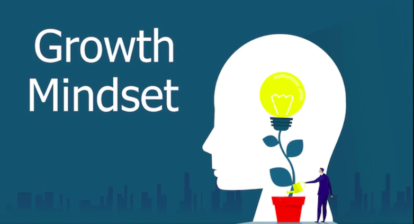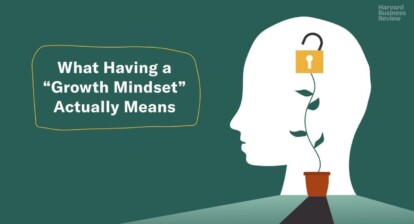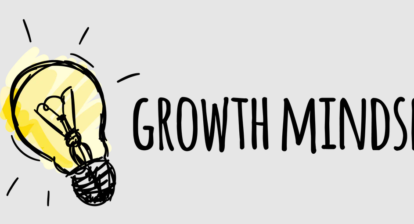In today’s fast-paced world, where change is often the only constant, resilience and adaptability are more than just buzzwords—they are vital skills for both personal and professional success. Whilst resilience equips us to bounce back from setbacks, adaptability allows us to navigate the ever-shifting sands of change. Together, they form the dynamic duo of survival and success.
But how does one cultivate these qualities? Thankfully, it’s a journey that, with practice and persistence, we can all embark upon. Let’s explore!
Understanding Resilience and Adaptability
Before diving into the how-to, it’s essential to understand the what. Resilience refers to our capacity to recover quickly from difficulties, while adaptability speaks to our ability to adjust to new conditions or environments. In essence, it’s about mastering the art of ‘bouncing back’ and ‘moving forward’.
Practical Tips for Building Resilience
Embrace a Growth Mindset: As we’ve often discussed, adopting a growth mindset, which focuses on the potential to learn and grow, can help transform setbacks into opportunities for development.
Build a Support System: Connect with friends, family, or colleagues. Sometimes, just talking about what you’re going through can be incredibly therapeutic.
Practice Self-Care: Prioritise activities that rejuvenate you, be it meditation, reading, or a simple walk in the park. Taking care of your mental well-being is paramount for resilience.
Set Clear Boundaries: Learn to say ‘no’. Overextending yourself can lead to burnout, which can, in turn, impact your ability to bounce back from challenges.
Practical Tips for Enhancing Adaptability
Stay Curious: Be inquisitive about the world around you. Read, explore, and engage in lifelong learning. The more you know, the better equipped you are to adapt.
Develop Problem-Solving Skills: Instead of viewing challenges as insurmountable problems, see them as puzzles to be solved. This perspective shift can enhance adaptability.
Cultivate Emotional Intelligence (EQ): Being aware of, understanding, and managing your emotions can aid in navigating change. It also helps in understanding others’ emotions, fostering better interpersonal relationships during transitional phases.
Welcome Feedback: Constructive feedback offers insights into areas of improvement, allowing for better adaptability in future tasks or projects.
The Interplay of Resilience and Adaptability
Interestingly, resilience and adaptability, while distinct, can be symbiotic. As we develop resilience, our confidence in facing challenges grows, which can bolster our adaptability. Conversely, as we become more adaptable, we’re better equipped to navigate setbacks, feeding our resilience.
Resilience and adaptability are not just innate traits that one is born with. They are, instead, skills that can be cultivated over time. By actively practising the tips mentioned above and maintaining a proactive approach towards personal development, we can all fortify ourselves against life’s inevitable challenges and changes.




